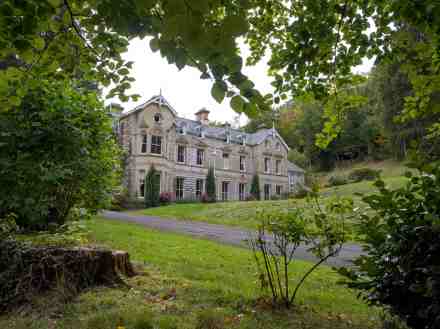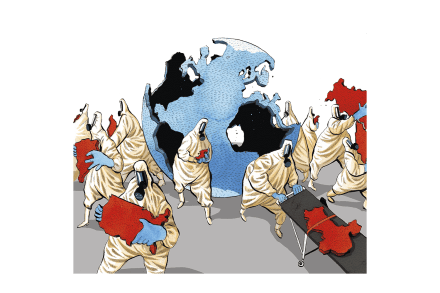The Senedd, like Holyrood, has failed its people
There are disturbing parallels between the meltdown of the Labour administration in Wales and the recent chaos of the SNP government in Scotland. Dodgy fundraising issues, votes of no confidence, forced resignations, woke policies, ever-lengthening NHS waiting lists and even scandals over deleted WhatsApps during Covid. What’s going on? Is there something systemically awry with devolution? The Scottish and Welsh parliaments, established after referendums 25 years ago, were supposed to bring power closer to the people and improve the quality of government. In the recent past, at least, they have succeeded in doing neither. Reckless incompetence in both administrations has further diminished respect for politics and delivered demonstrably inferior government. Welsh First Minister Vaughan Gething





















